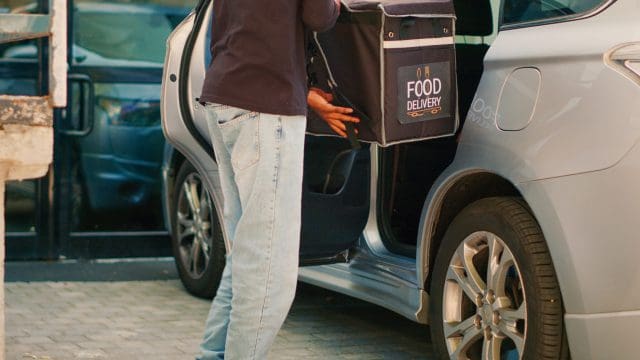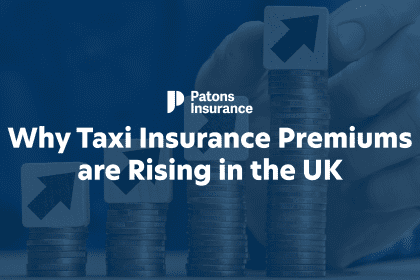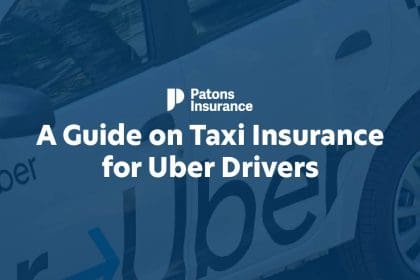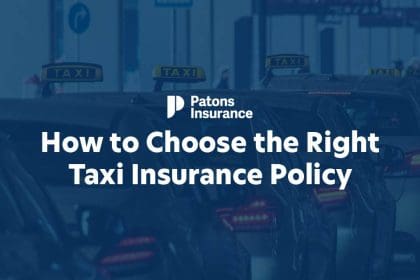Taxi insurance can cover drivers who want to increase their income by making food and grocery deliveries as well as carrying passengers.
But, as with all insurance cover, they need to check their policy because each insurer, driver and their circumstances are different.
Right cover
We recently talked about hire and reward insurance, which is also referred to as private hire insurance. This means whether it is passengers, fast-food deliveries, or dropping off late-night snacks, this cover must be in place and bookings must be made in advance, usually through an app, otherwise the driver is not insured to make the delivery.
The introduction of Uber’s ride-hailing app transformed the global taxi and PHV industry, as did the arrival of Just Eat and Uber Eats. Before this became the norm for fast-food deliveries, some takeaways used to team up with nearby taxi firms to deliver pizza, burgers, kebabs, etc, when they were not busy, but the drivers still had to make sure they were covered for food delivery.
Expanding
Taxi drivers are perfectly placed to make deliveries – they already have a vehicle and are on the road, as well as having in-depth knowledge of their local area. It makes sense for taxi and PHV drivers to branch out into deliveries if they want to. In fact, Uber’s model encourages it.
And with the delivery industry expanding, companies such as Deliveroo, Uber Eats and Just Eat always seem to be on the lookout for more drivers, and there is no limit to the number of app-based firms taxi drivers can sign up to.
Whatever they decide to do, the key to success is making sure they have the right insurance in place. While some insurance companies include food delivery as standard in taxi insurance policies, many drivers need to request it when taking out their public hire insurance or private hire insurance.
Penalties
And for those who do not check or decide to take a chance, the consequences are severe, including fines, points on driving licences, higher premiums and even driving bans. Drivers making food deliveries will rely on apps for each pick-up and drop-off, with constant updates and notifications requiring their attention. They should remember that it is illegal to use a handheld mobile phone while driving, with offenders facing a £200 fine and six points on their licence. Anyone who causes a crash while using a mobile phone can be prosecuted for careless driving, which carries a ban and hefty fine.
As well as making sure they have the correct insurance in place, taxi drivers are also encouraged to look at any additional cover they might need to protect them as they try to make more deliveries in a short space of time, increasing the risk of an accident and claim.
They should also consider taking out public liability insurance, in case any third parties are injured or suffer loss as a result of their delivery work.
During the pandemic, the Association of British Insurers agreed to include cover to transport goods as standard and at no extra cost to taxi insurance policies as a way of helping drivers who were struggling to make ends meet.
Following the lifting of restrictions, the system returned to the way it was before covid, with drivers usually having to add food or goods delivery cover to their policies.
Hire and reward insurance can be taken out for most vehicles, whether it is parcels and packages in a van, delivering fast food in a car or by bike, or a car carrying passengers.
The key for taxi drivers looking to diversify their business is to make sure they are fully covered for the job they are doing and taxi insurance brokers are the best place to find the right cover.




